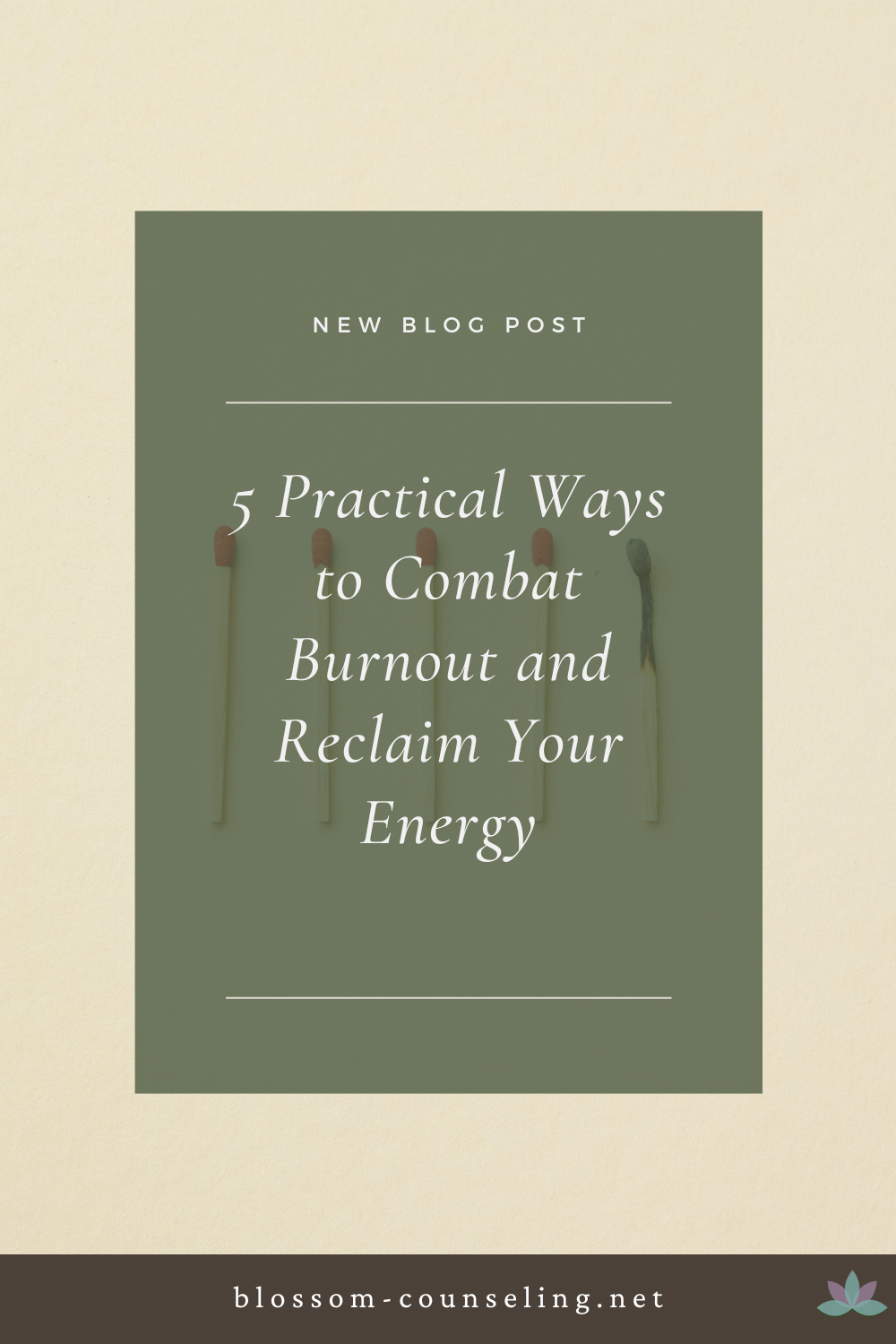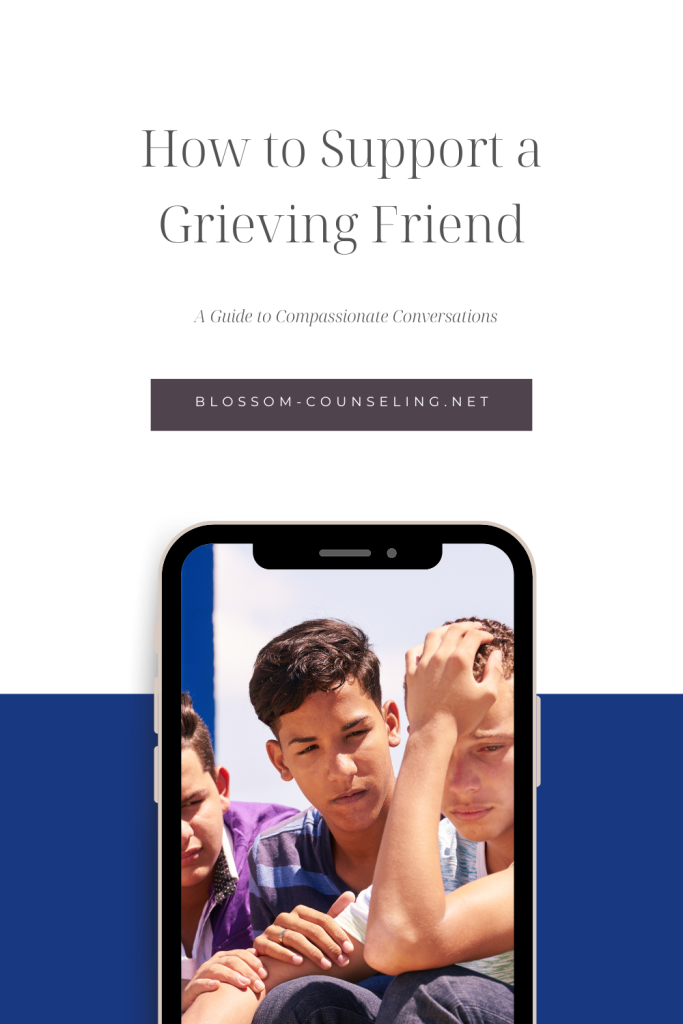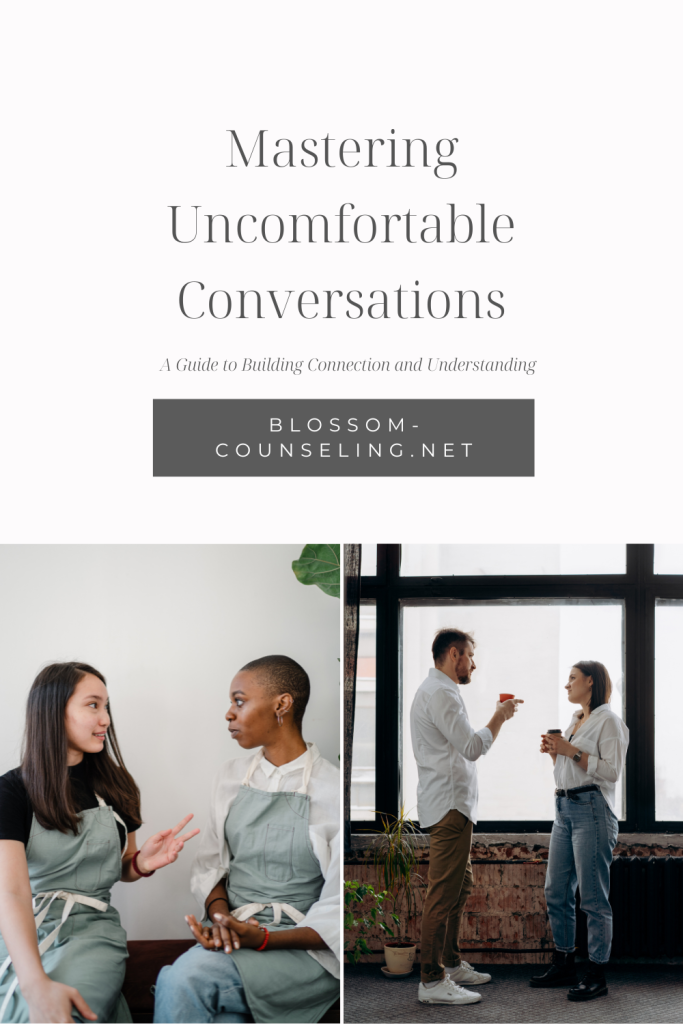
Burnout is like a slow leak in your tire—by the time you realize something’s wrong, you’re already running on empty. It can sneak up on anyone, especially in today’s fast-paced world where we’re constantly juggling work, family, social obligations, and that never-ending list of things to do. If you’ve been feeling drained, unmotivated, or emotionally fried, you might be dealing with burnout. But the good news? You can recover, and with the right strategies, prevent it from taking over again.
Let’s talk about how you can recharge and get back to feeling like yourself.
1. Set (Real) Boundaries
Saying no can feel like a superpower, especially when you’re used to taking on too much. The reality is, boundaries aren’t just about pushing people away—they’re about protecting your energy. Start small: maybe it’s declining that extra work project or setting a cut-off time for emails in the evening. The key is consistency. Protecting your mental space creates room for rest and helps you manage stress before it becomes overwhelming.
2. Rediscover Hobbies That Bring Joy
Burnout can rob us of the things that once brought us joy. Remember that hobby you used to love? Whether it’s painting, hiking, or even gardening, carving out time for these activities can help restore a sense of balance. Hobbies provide a mental break from daily stress and can even reignite a spark of excitement that might have been missing. Think of it as mental cross-training—flexing different parts of your brain that get sidelined by work and obligations.
3. Practice Mindful Rest (Yes, It’s a Thing)
Rest isn’t just about sleep (although that’s important too). Mindful rest means giving yourself permission to truly relax. This might look like a 10-minute break in your day to meditate, stretch, or even sit in silence. The idea is to create intentional moments where you slow down and breathe. It’s like hitting the reset button on your brain. By scheduling small breaks throughout your day, you can prevent that build-up of stress that leads to burnout in the first place.
4. Connect with Your Support Network
Feeling isolated? Burnout thrives in isolation. Reaching out to friends, family, or even a therapist can give you a sense of connection and relief. Talking through your struggles not only helps reduce emotional strain but also offers fresh perspectives that can remind you—you’re not in this alone. A strong support system can be the lifeline that pulls you out of the burnout spiral.
5. Adjust Expectations (Especially Your Own)
Burnout often comes from a mismatch between what we expect from ourselves and what’s realistically possible. It’s okay to not be “on” all the time. Learn to recognize when your internal dialogue is pushing you too hard. Give yourself permission to do less when needed and celebrate the small wins instead of focusing on the endless to-do list. Sometimes, the best way to fight burnout is to simply lower the bar and be kind to yourself in the process.
Burnout doesn’t happen overnight, and recovery takes time. But by taking these small, mindful steps, you can start to rebuild your energy reserves and reclaim a sense of balance in your life. Burnout doesn’t define you—and with the right tools, you can thrive again.
Our team of compassionate therapists is here to help you find the support you need. We believe in a holistic approach, treating your mind, body, and spirit. With a blend of traditional and alternative therapies, we tailor your experience to meet your unique needs. At Blossom, we create a non-judgmental space where you can be your authentic self. Our goal is to empower you, amplify your strengths, and help you create lasting change. Together, we’ll navigate life’s challenges and help you bloom, grow, blossom! You deserve to become the best version of you.




